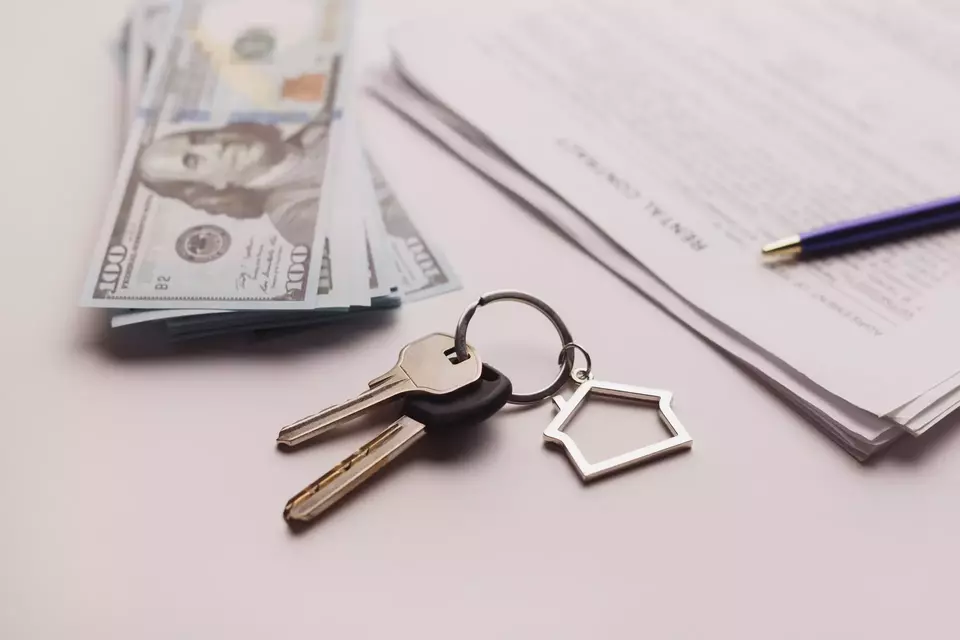
TENANT RIGHTS
In California, Tenants are entitled to rent property that meets certain standards for structural integrity, health and safety of the tenant and a building in good repair. If the landlord fails to take care of the most fundamental aspects of renting property, tenants have a few avenues of legal remedies to choose from.
Tenants have the legal right to (1) withhold rent; (2) pay for repairs themselves and deduct the cost from their rent (“repair and deduct”); (3) call state or local building health inspectors; (4) sue the landlord for damages; (5) or move out without notice.
The Right to a Habitable Rental Unit
Landlords have a duty to create a habitable building for their tenants, meeting certain standards of safety and livability. At a minimum, the California rental will have:
- Functioning plumbing, heating and electrical systems including hot and cold running water and a working toilet and kitchen sink;
- Unbroken Windows, Doors, and other structural matters so long as they are not a direct result of the tenant’s actions and negligence;
- Weatherproof exterior;
- Free of Rodents, garbage and other unsanitary filth;
- Access to trash receptacles;
- Well maintained and disability accessible floors, stairways and railings;
- No Asbestos or lead based paint;
- Free of Nuisances.
Cal. Civ. Code §§ 1941.1, 1941.3.
There are many specific standards that landlords must uphold and a full list can be found within the California Civil Code and Health and Safety Code.
On top of these state rules, each local government, city, or county may have building codes that regulate aspects of the building and establish requirements for light, ventilation, heating, and nature proofing.
WHAT TO DO WHEN YOUR LANDLORD WON'T MAKE REPAIRS
If your unit requires a repair, the best approach is to put your repair request in writing—even if you’ve already spoken with your landlord about it. Be sure to describe the problem in detail, how it’s affecting you, and what you think needs to be done. If something poses a health or safety threat, say so.
Keep notes of all your repair requests to and communications with your landlord. If you and the landlord agree on a plan of action, write down your understanding of the agreement and send a copy to the landlord. Also, keep copies of any evidence of the problem in the form of photos, videos, emails and any other information which describes not just the problem, but your attempts to get the landlord to fix the problem.
If your landlord ignores your requests for repairs, you have options. Two of the most effective remedies for tenants in California are “repair and deduct” and—as a last resort—rent withholding.
MAKE YOUR OWN REPAIRS AND DEDUCT THE COST FROM YOUR RENT
California allows for a legal remedy commonly referred to as the “repair and deduct.” If you have tried and failed to get your landlord to fix a serious defect that makes your rental unit unfit, you can hire a repair person to fix it (or buy a replacement part and do it yourself), and subtract the cost from the following month’s rent.
Certain conditions apply:
- You can’t spend more than one month’s rent.
- You can’t use the repair and deduct remedy more than twice in any 12-month period.
- You can’t have caused the problem, and it can’t be something that is your responsibility (such as taking out the garbage).
Here’s what to do if you decide to use the repair and deduct remedy:
- Notify your landlord in writing of the problem.
- Allow the landlord a reasonable amount of time (usually 30 days) to fix the problem.
- Collect evidence, such as pictures and video, of the problem that’s causing you to repair and deduct.
- Gather bids or collect pricing information—pay attention to both cost and quality of the work, and be sure to select a licensed professional for tasks that require a license.
- Attach copies of the bills or invoices—along with proof that you’ve paid them—to your next rent payment, along with a letter explaining why you’re paying only part of your rent.
It’s important to note that you shouldn’t reduce the rent until you’ve actually done the work and paid for it.
JUST STOP PAYING RENT
California law allows a tenant to stop paying rent in very limited circumstances. If you have outstanding repairs that your landlord seems to be ignoring, given a reasonable amount of time for him to cure the problem, you can stop paying rent until the repairs are made. Withholding rent is not recommended as failing to pay rent can result in an eviction lawsuit and if you weren’t actually justified in withholding rent, you may find your self evicted and liable for whatever penalty was within your lease agreement. But if the following apply to you, this may be your next course of action : (1) The problem is very serious such that it is a risk to your health and safety; (2) You did not cause this problem; (3) the Landlord has been notified in writing about the problem; (4) the landlord was given a reasonable amount of time to fix the problem; (5) You cannot repair the problem yourself and deduct i from your rent. Some cities require that if you are to discontinue paying rent, you must put the rent you are withholding into an escrow account, to show that you are not just doing this for your own financial benefit but are doing this to ensure that the fixes are made and in the event that you were not justified in doing so, can pay the landlord the full owed amount.
With this method, keep in mind that you will still owe your landlord the reasonable value of the rental unit even if some repairs were not made. Be sure to set aside the full rent amount while you withhold, if you choose to do so, notify your landlord of the reason you are doing this and collect as much evidence as possible in the form of photos and videos to prepare for a dispute.
TO THE COURTS
We would recommend you speak with an attorney experienced in landlord tenant disputes before withholding rent or making your own repairs as there are many complications and liabilities now being assumed by the tenant that may not have ever been necessary. Always first try to negotiate with your landlord peacefully, and calmly explain the extent of the problem before attempted the repaid and deduct or withholding remedies. If you are not in a position to perform either of these remedies or are looking for another solution, you can always sue your landlord in Court.

